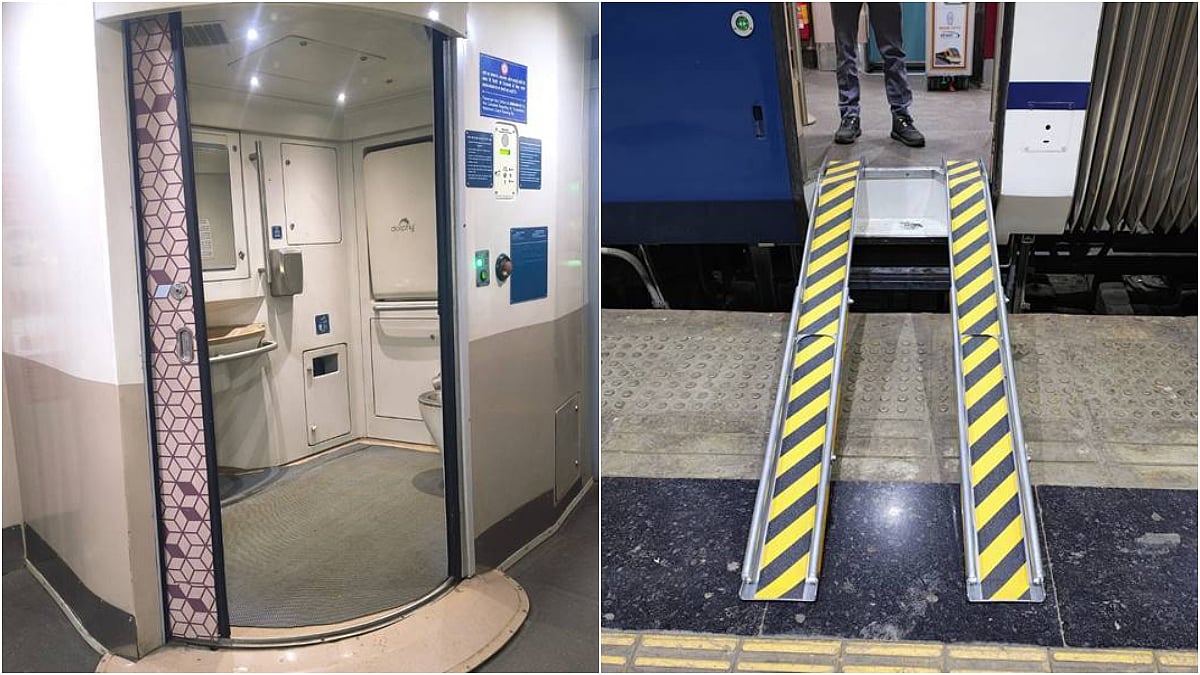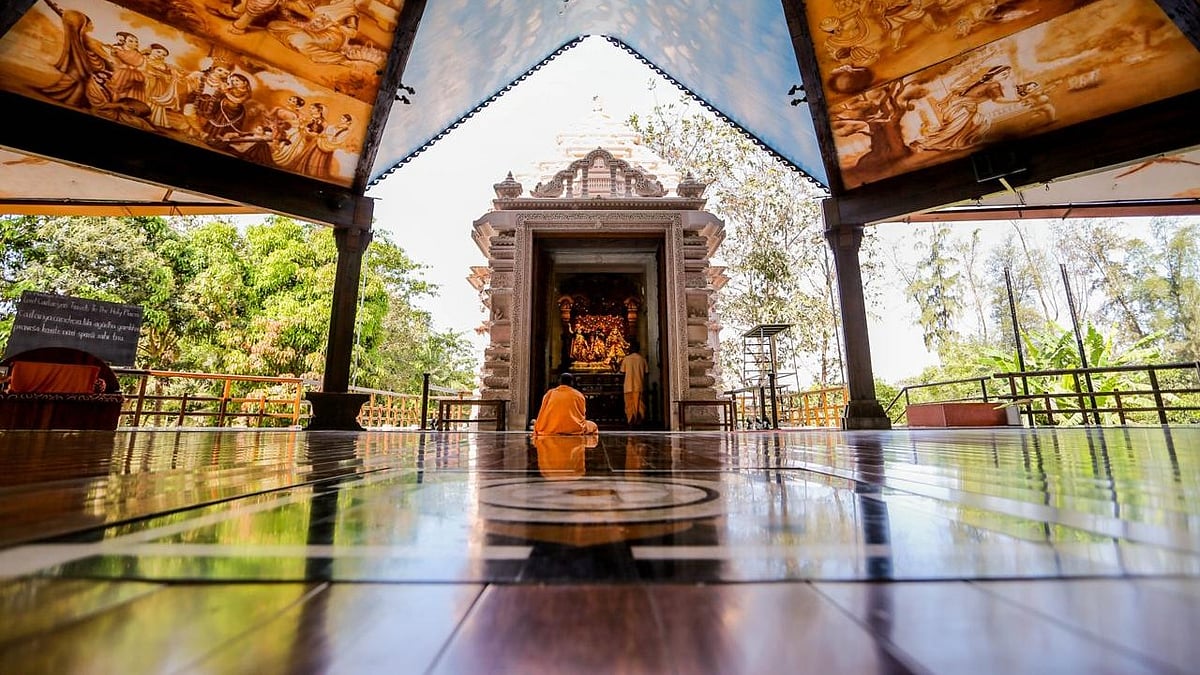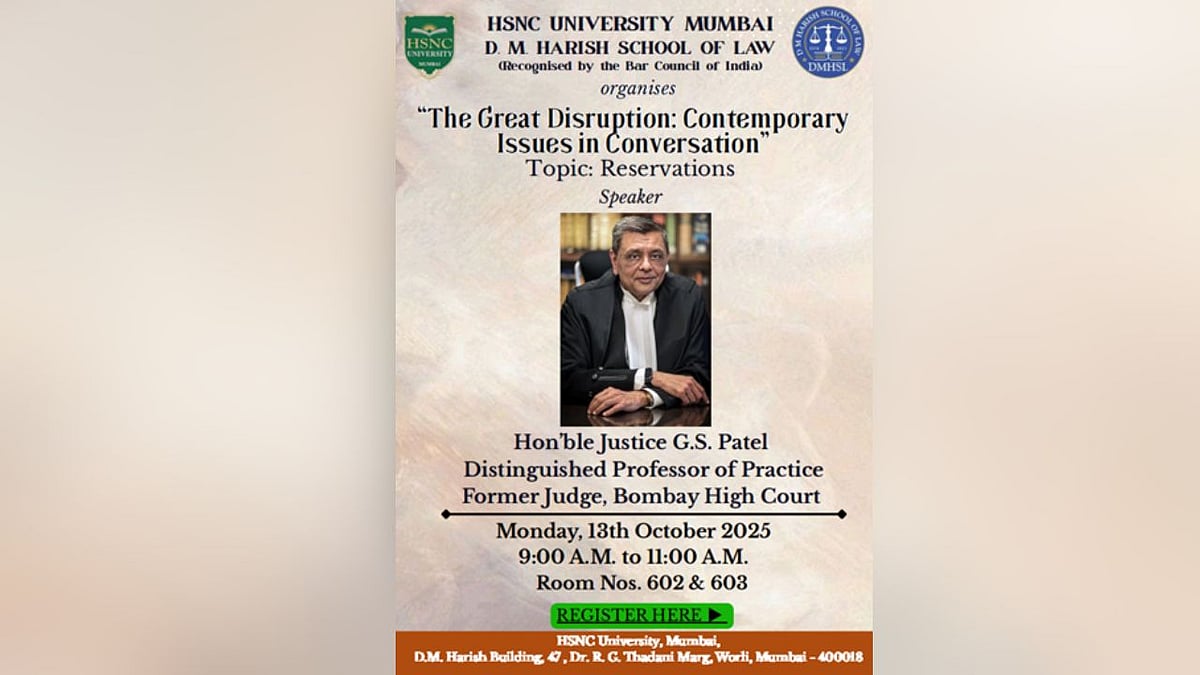Over 4,500 accredited universities in the US offer a myriad of majors, subject concentrations, multi- and interdisciplinary studies, research-focused programs, and professional programs that suit students’ academic needs. Given the wide array of programs, concentrations, and majors offered, choosing which universities to apply to for higher studies can be challenging. This article aims to help students and parents understand what different factors one should consider when choosing the right universities for you.
Applying to US universities takes time, so timely preparation and research are crucial when finding the right universities. Students should begin their application preparation process at least 12 to 18 months before they plan to join a university. Self-assessment, the first part of this process, is one of the critical aspects that will play an important role in ultimately shortlisting a balanced list of colleges and universities. US universities can be competitive in admissions, so it is important to have an objective view of your academic background, learning capacity, and preferences for sociocultural settings. Effective research, the use of authentic sources of information, and being practical and objective are keys to successfully shortlisting universities. Let us consider some factors that will help you finalize your university list.
Research is first and foremost
You can shortlist a balanced list of universities if you research enough colleges and universities. One of the first questions that students ask is, ‘Where do I start searching for programs and universities?’ It is important to use college search engines that are independent, neutral, and not driven by biased parameters such as brand or rank of universities. Postgraduate applicants might want to use a college search engine such as https://www.petersons.com/graduate-schools.aspx and prospective undergraduate applicants could use https://bigfuture.collegeboard.org/college-search. These types of search engines will help you get started scouting colleges and universities that offer the degree programs you might be interested in pursuing. Students must confirm that the universities to which they plan to apply to are accredited institutions. You can find information about accreditation on this official website: https://www.ed.gov/accreditation. Students should search all types of higher educational institutions to find universities that are the right fit for their goals.

Aditi Lele
Criteria to consider while shortlisting universities
Let us now look at some of the other important criteria students need to keep in mind when shortlisting universities. U.S. universities vary in terms of programmatic offerings, cost of education, classroom and institutional size, career development facilities, social environment, student engagement culture and activities, and student diversity. Each applicant will have different considerations based upon their academic and non-academic requirements. It is important to consider the environment inside and outside of the classroom and carefully consider what factors are most important to them. Applicants should conduct in-depth research about several universities and then shortlist a balanced list of 8-10 universities which include their dream institution, likely matches, and safe universities. The balanced shortlist should include universities that are a good mix based on their competitiveness, program offering, cost, and campus environment.
Over 4,500 accredited colleges and universities offer a variety of majors for aspiring undergraduates and degree options for postgraduate applicants. It is important that students carefully research the curriculum offered, flexibility within the degree program, outcome of the program, unique research and innovation centers on campus, student activities through clubs and societies, alumni success stories, and other important aspects that can help determine if the university might be a good fit. For undergraduate students, universities offer various majors within a particular discipline. For example, poultry science or crop science might fall within the field of agriculture, and game design or computer forensics would fall under computer and information sciences. The list of majors is long and varies from university to university. Because of this, students should spend significant time finding the right combination of subjects to explore as part of their undergraduate programs. On the other hand, postgraduate applicants should search university websites for departmental research centers, faculty research, the structure and framework of master’s and doctoral programs, student research opportunities, and opportunities for academic and professional growth. Many U.S. universities and individual departments conduct virtual information sessions which can be a great opportunity to learn details about the program and find the right-fit program.
Universities can offer more than just academics
U.S. university campuses are spaces buzzing with student activities. Among other factors, students should also research what a particular university campus has to offer outside of the classroom. For example, if you are an outdoors enthusiast, ask yourself if your shortlisted universities offer you opportunities to engage in your interests through an outdoor activity center. If you are passionate about music, ask yourself whether the shortlisted universities have something to offer you on that topic. U.S. university campuses are very diverse, liberal, and engaging. Consider researching universities’ international student centers to see what they offer to students. Applicants should ask, ‘Do I see myself engaging in activities that are offered by this university?’ or ‘Are my shortlisted schools the right place for me to build my network and experience?’
Are universities fitting your financial requirements?
Another crucial aspect in shortlisting universities is selecting universities that fit your financial needs for the duration of the program. U.S. universities vary in terms of tuition and fees, as do financial aid policies for international students. A key to shortlisting universities is having a balance between some universities that, if admitted, you can afford with either minimal or no financial aid and a few where there is a possibility of financial aid. As you can see, researching universities is critical and will lead to a balanced final list of colleges and universities.
To summarise, shortlisting universities is one of the most important steps in your application process and requires extensive university research. There is no universal formula that will determine the shortlist. The criteria for the right fit will be based on the academic and non-academic requirements of the applicant. Shortlisting can seem like a daunting task, but EducationUSA is here to help guide students through their application journey.
For more information, please visit the EducationUSA website (https://educationusa.state.gov), and for individual questions about direct counselling with an EducationUSA adviser, please write to USEducationQueries@state.gov
The author is an EducationUSA adviser at the United States - India Educational Foundation.
(The Free Press Journal publishes articles by study abroad consultants, Consulates, foreign universities, international students, and much more every Saturday to give its readers a glimpse of the world of overseas education.)












